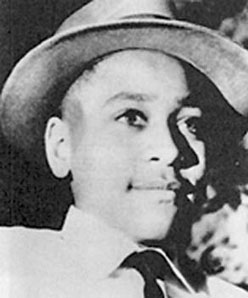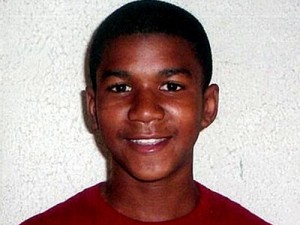By Frederick Sparks
There’s a quaint but common assumption that those belonging to a group subject to discrimination and inequality have an automatic sympathy for others in the same boat. History has not proven this assumption consistently true. One need only watch the end of Gangs of New York, where working class white immigrants violently take out their frustrations on New York’s African-American population, to get a refresher. For downtrodden white ethnics, the response to marginalization was not sympathy but a fierce determination to define themselves as white in contradistinction to blacks, who were clearly the lowest of the low.
As a black gay man I observe this phenomenon from the cat bird seat when it comes to the discussions of racism in the (white) gay community and homophobia among African-Americans. “Black people can marry each other, they aren’t legally discriminated against, and people aren’t beaten in the street for being black. Besides I support your issues (I voted for Barack Obama) and you don’t support mine (Black people are responsible for prop 8)”, says the white gay. “You can’t choose to be black, but you can choose to be gay, the police don’t shoot you because you’re gay and you aren’t followed around department stores because you’re gay. And besides, the bible says that’s wrong/homosexuality is a European perversion that didn’t exist in pre-colonial Africa”, says the black straight. Of course one of the many flawed assumptions in this us vs them dialectic is that all the gays are white and all the blacks are straight.
The blind spot towards the privilege one enjoys (which is the hallmark of said privilege) is exacerbated when one enjoys privilege on one dimension of ontology yet experiences marginalization on another dimension. The accusation of bias is somehow seen as a marginalization of bias endured by the accused. So when a black gay writes about the lack of coverage of Trayvon Martin in the gay media or about the marginalization of blacks within the larger gay community the response is often along the lines of incredulity and counter-accusation of bias. The same can be said of discussions of racism within the feminist movement or the ongoing conversation about the blind spot to social justice issues in the white male dominated secular/atheist milieu (because of course white male secularists experience their own marginalization…)
Then we get into the Oppression Olympics…who has had it worse. My freshman year in a college, a Jewish woman professor in a world history and culture class stated that the holocaust was the worst crime ever committed against a race or group of people, “including slavery” (making it a point to look at me, one of a handful of black students in the class, when she said that). Now if I were the same person then as I am now, class would’ve ended differently that day, but at the time I could only feel insecure and ponder why it was important for either side to “win” that battle, even if the two were quantitatively comparable.
So that is what constitutes out group privilege…an assumption that experiencing discrimination makes one immune from bias, a defensiveness when said bias is raised, and an impulse to counter accuse bias/and or to win the Oppression Olympics. None of this leads to an actual examination of biases and privileges and leads to narrowly focused conceptions of political movements related to gender or racial or sexual orientation equality that do not incorporate a prioritization of broader social justice issues.




